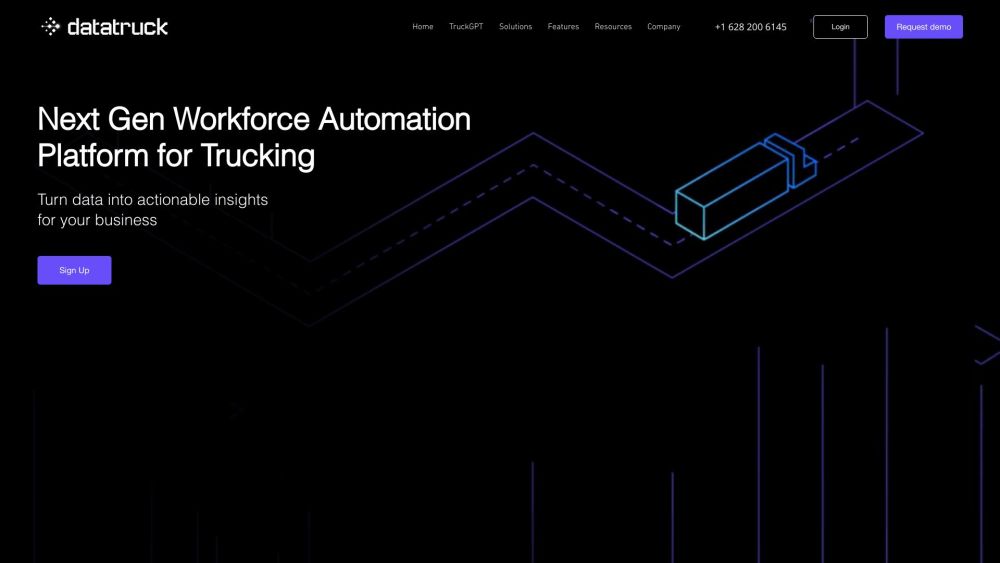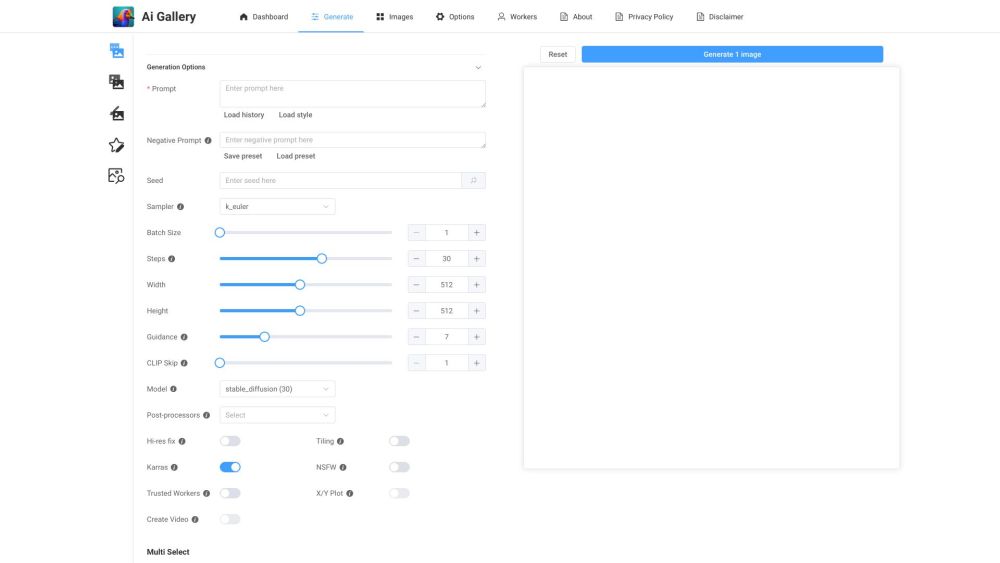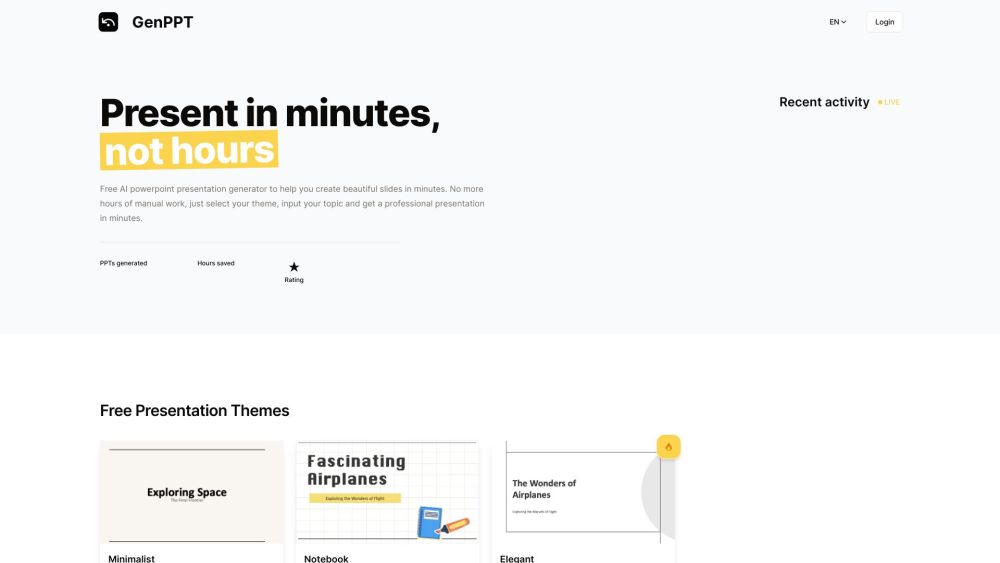Since the dawn of artificial intelligence research in the 1950s, the quest for machines that can operate autonomously as intelligent agents has captivated scientists.
This week, that vision edged closer to reality as OpenAI, the creator of ChatGPT, introduced groundbreaking technology at its first developer conference in San Francisco. Key announcements included the launch of GPT-4 Turbo and customizable versions of ChatGPT, but the spotlight truly belonged to a new tool: the Assistants API.
Introduced at the end of the keynote, the Assistants API enables developers to quickly integrate tailored assistants into their applications. These intelligent assistants can understand natural language, perform tasks within apps, and utilize advanced services such as computer vision.
Romain Huet, head of developer experience at OpenAI, described the Assistants API launch as a “baby step” towards fully autonomous AI agents. Despite the modest characterization, this “baby step” could dramatically reshape how we interact with technology.
During a live demonstration, Huet showcased a travel assistant, "Wanderlust," which used GPT-4 for destination recommendations and the DALL-E 3 API for travel guide illustrations. This assistant, built in minutes, exhibited the ability to plan and book vacations—traditionally a role for human travel agents.
Unlocking the Power of the Assistants API
The Assistants API equips developers with the tools to create versatile assistants. These assistants leverage OpenAI’s models with specific instructions to refine their capabilities and personalities. They can also use multiple tools simultaneously, such as a code interpreter and a knowledge retrieval system.
The real potential lies in the collaborative capabilities of these AI assistants. As developers increasingly integrate these tools, we may witness a future where various AI assistants communicate to complete complex tasks. For example, a command to plan a vacation could activate several coordinated AI actions—one for booking flights, another for securing hotel reservations, and more for planning activities.
Understanding the Difference: Assistants vs. Agents
By allowing GPT-4 to interact with existing applications, the Assistants API transforms AI-assisted tasks. These AI assistants are not mere passive tools; they actively engage in task execution, edging closer to the concept of AI as a personal assistant.
The key difference between Assistants and fully autonomous AI agents is their level of independence. Ideally, AI agents execute tasks independently and proactively without human input. While the Assistants API doesn’t fully achieve this level of autonomy, it represents a significant step in that direction.
Envisioning the Future of AI Assistants
The implications of this development are extensive. Soon, AI agents may handle dinner reservations, purchase household items, or find the best flight deals to New York City. By facilitating the creation of these assistant-driven tools, OpenAI moves us closer to a reality where AI agents manage tasks on our behalf and communicate with one another.
In summary, the Assistants API enables the creation of semi-autonomous agents across diverse tasks and industries. As Huet described, its unveiling is merely a “baby step” towards the future of AI. Yet in the rapidly evolving field of artificial intelligence, even small steps can lead to significant advancements.




